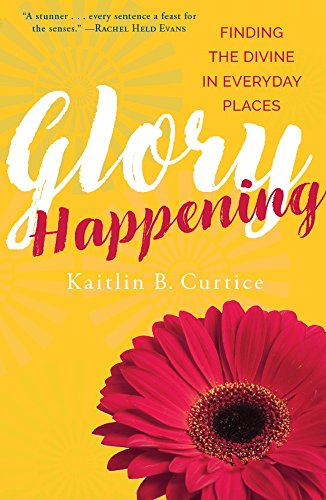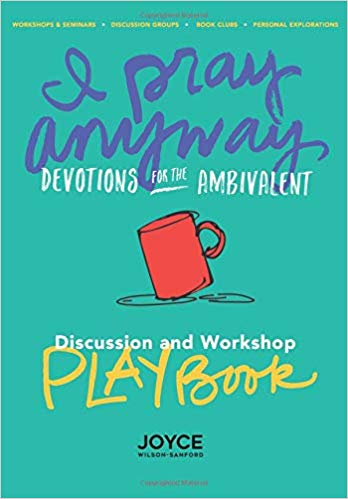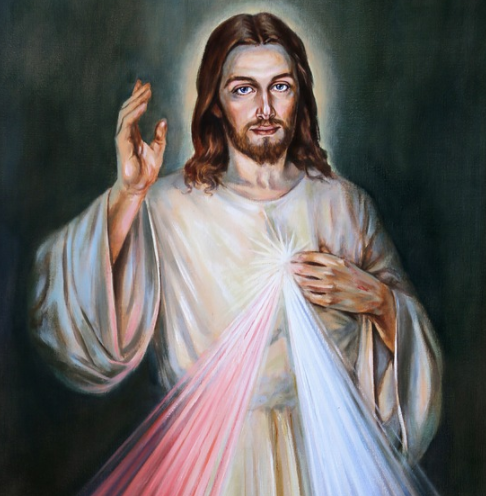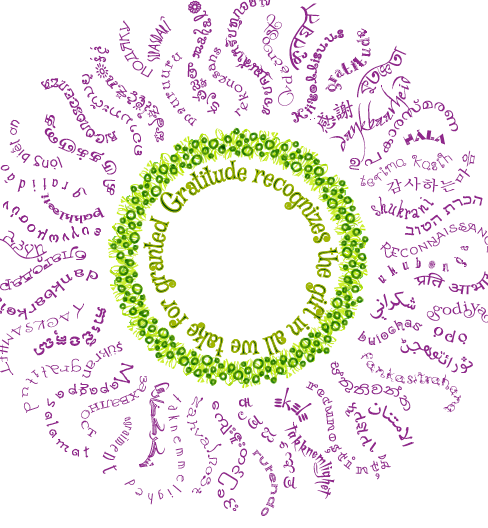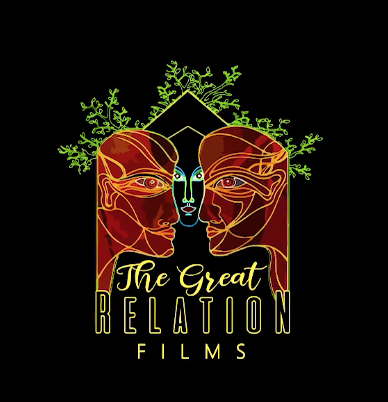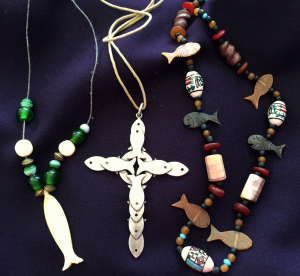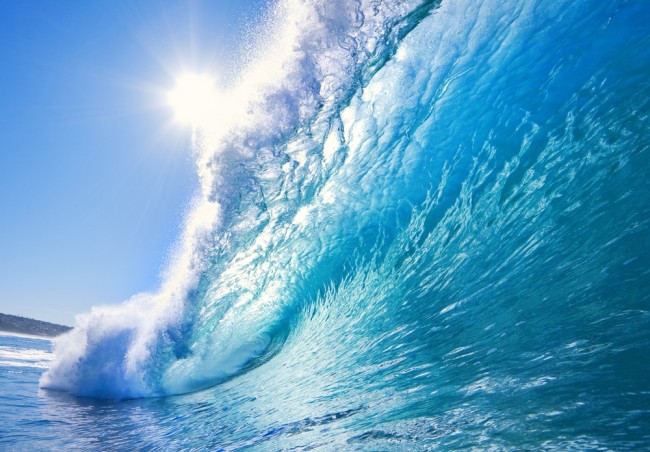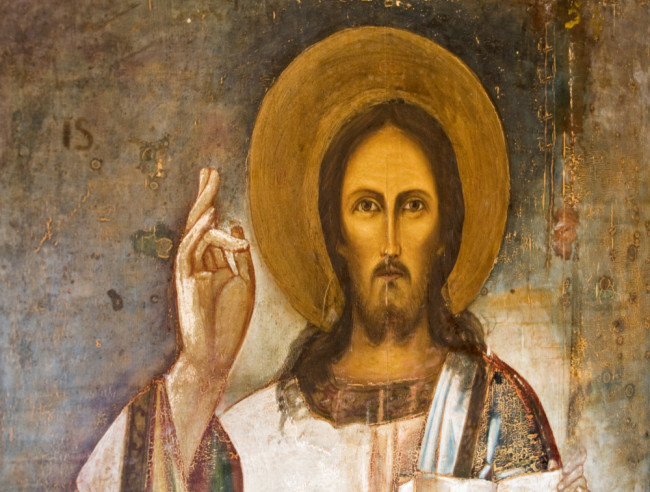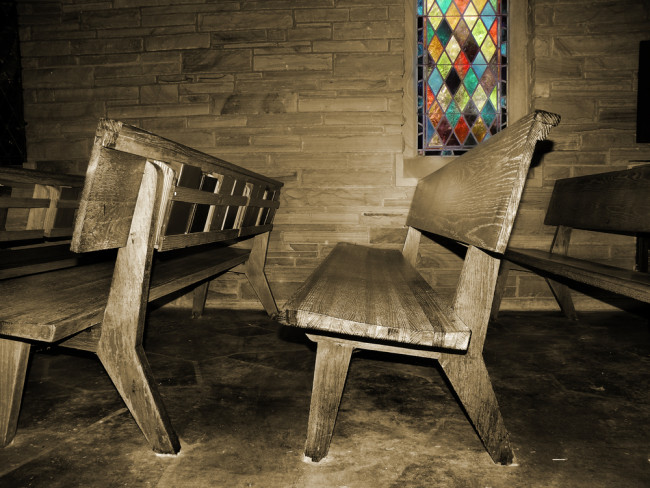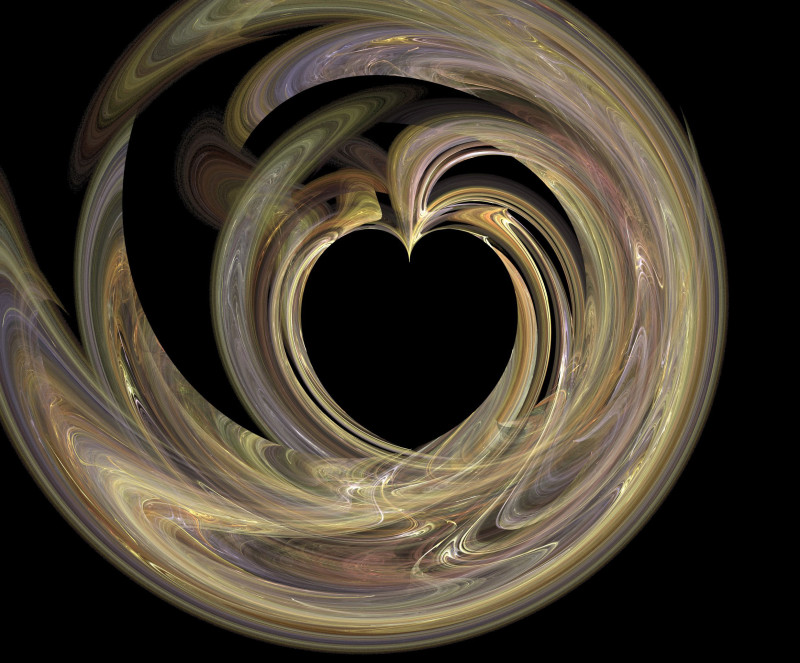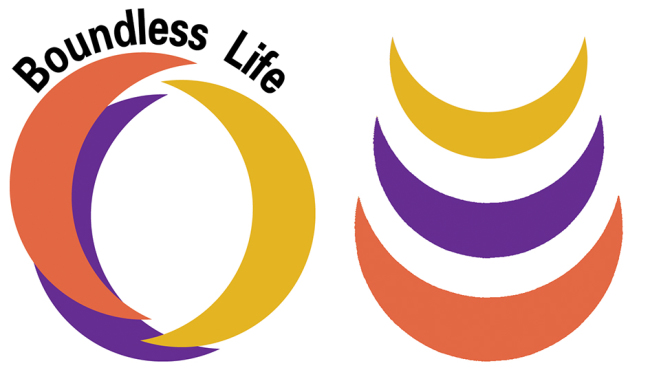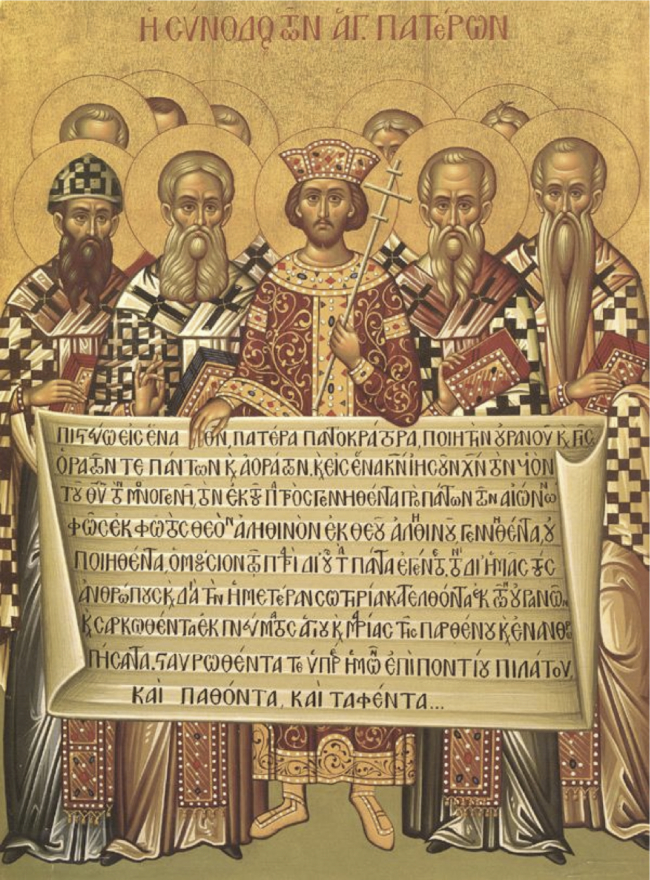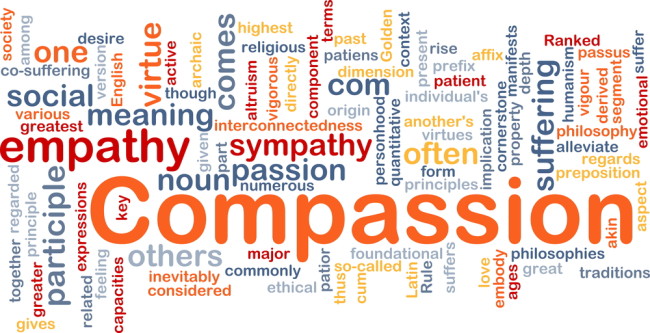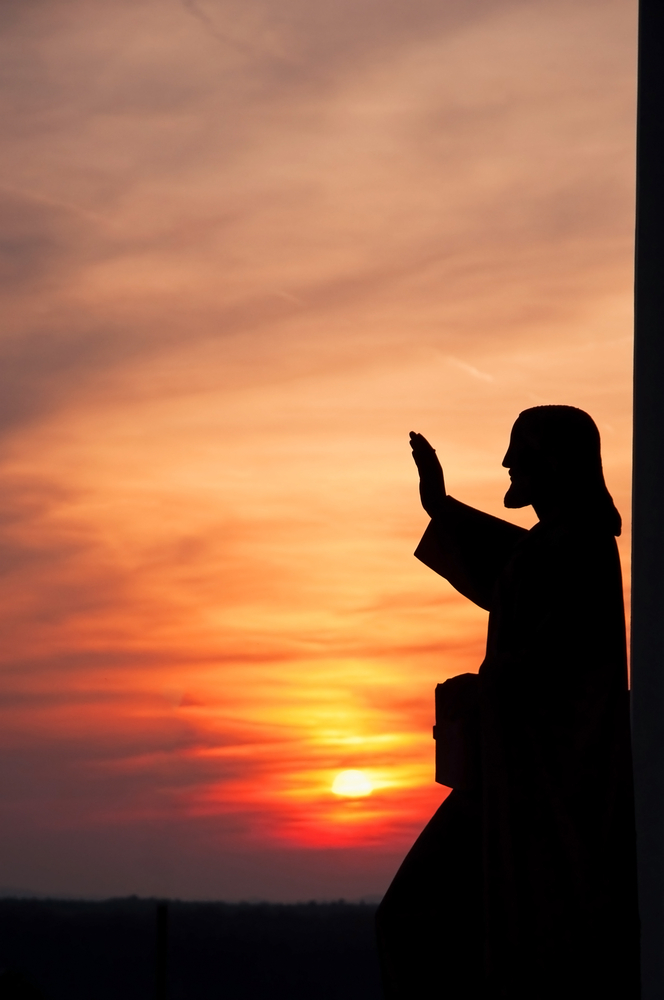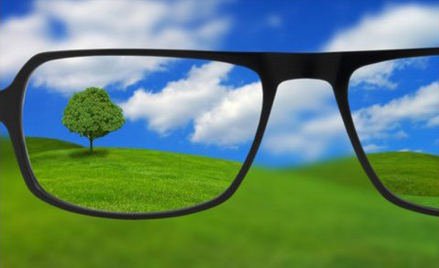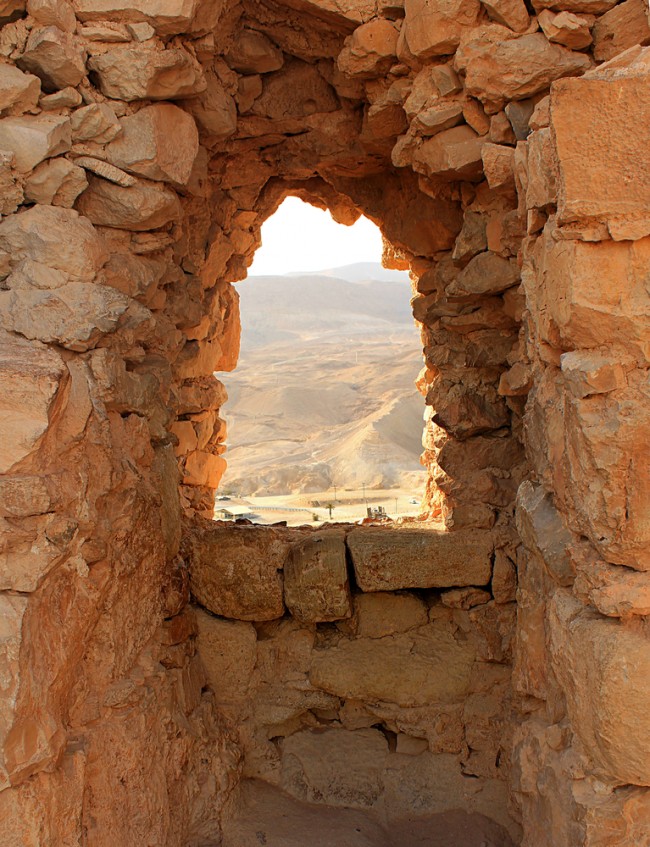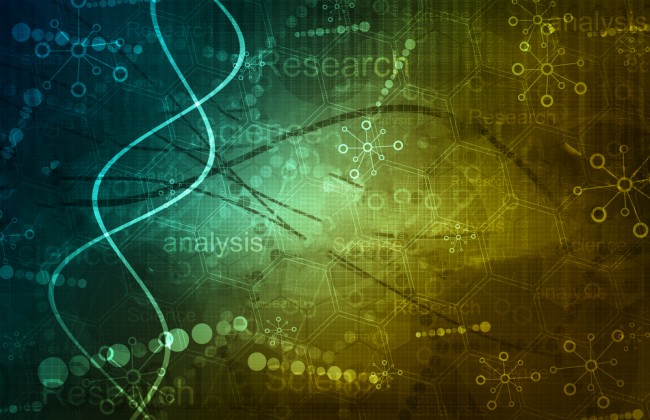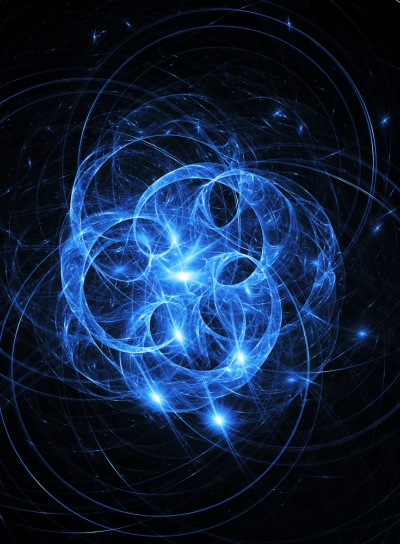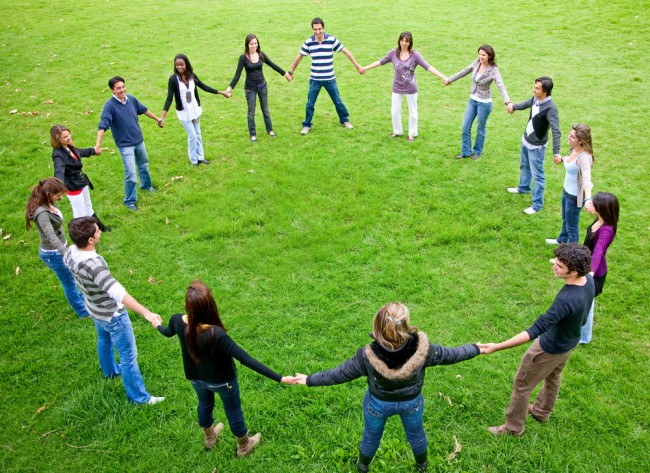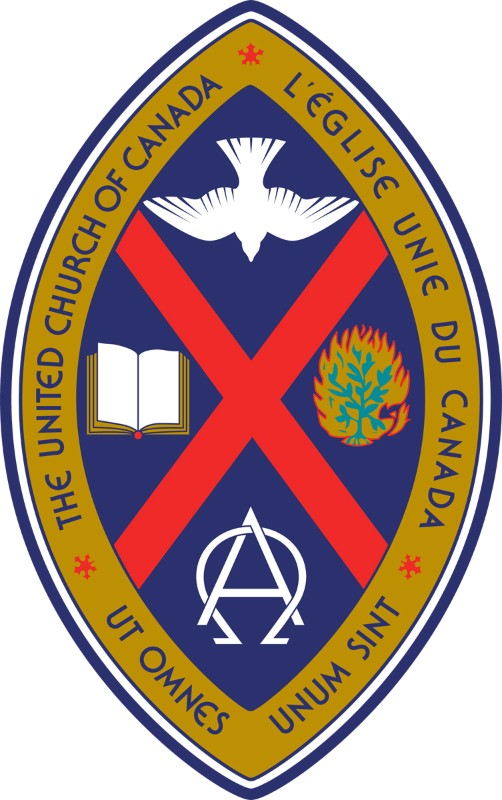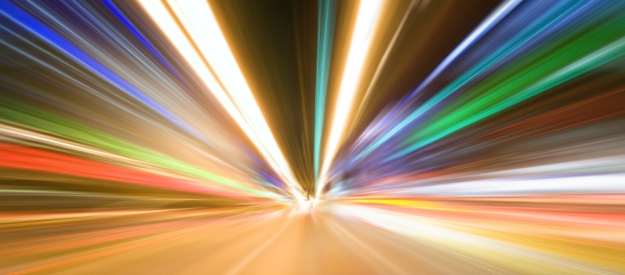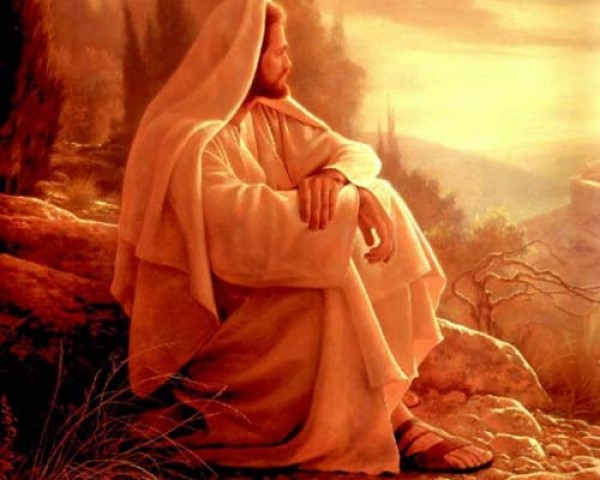We are called to be the Church… to proclaim Jesus, crucified and risen, our judge and our hope…
Anyone who isn't prepared to do the intense work that is required to become love in action, is allowing the dark to destroy the planet.
When you have an experience and tell the story of that experience to someone, something sacred happens inside of you. That experience doesn’t have to be an extravagant moment, but it can be beautiful, nonetheless. And as you store up all those stories and share them, you grow your world’s boundaries. You build community and remind yourself that every moment of your life counts for something holy, good, and glorious.
Calling all Lovers of Creation, Social and Environmental Activists, Mystic Explorers, Sacred Earth Keepers
On Mother’s Day May 2019, in honor of Gaia, our wounded Mother Earth, I and a dedicated team of helpers, launched a series of FREE daily meditations to support your being and your work. Daily Meditations with Matthew Fox supports your inner and outer work, your contemplation and your action, your mystical and prophetic vocations.
Discussion and Workshop for I Pray Anyway: Devotions for the Ambivalent
PLAYbook for I Pray Anyway: Devotions for the Ambivalent is a creative, thought provoking guide/curriculum based on the book I PrayY Anyway: Devotions for the Ambivalent by Joyce Wilson-Sanford.
Be completely humble and gentle Be patient forgiving one another in love
Allison Rossiter is making her "Gratitude Design" available to churches and other non-profit organizations for free.
Interfaith Mindfulness-Based Contemplative Prayer
Contemplatio Interfaith Mindfulness-Based Contemplative Prayer by James Burklo on August 16, 2018 | No Reviews or Comments 0 A 12th c French Catholic Christian monk, Guigo II, described the spiritual life as climbing a ladder. The steps were lectio, meditatio, oratio, and contemplatio – reading, meditation, prayer, and contemplation. This “ladder” has defined Catholic Christian spiritual discipline ever since. An ancient practice, employed increasingly today in churches both Catholic and Protestant, is called “Lectio Divina”. It follows Guigo’s four steps.
On November 9, 2016, the United States concluded a blisteringly polarized, vicious political campaign cycle. The results — especially the surprise upset of Hillary Clinton by Donald J. Trump in the presidential election — stunned people as devastating or miraculous, depending on different standpoints. Concerned about civil rights, immigration, international relations, civility, multiculturalism, and a host of other issues, many people found hope in short supply after the election results came in.
I’m here to give a version of this State of the Union that gives at least a hint of how things are going with this movement globally. And I do it to offer you spiritual encouragement and enrichment. Because understanding our religious identity feeds our spirituality. Knowing who we are in the realm of faith and spirituality helps us to express our religious experiences. And being able to express our spirituality helps us to experience it in our hearts. Language follows experience, but it also induces and inspires experience as well. It’s a feedback loop that helps us keep the faith and feel the presence of God.
Written by Kris Minister
God is a verb Living within you and me Fleshing our flesh Rejoicing our joy Crying our sorrow And empowering us to swim upstream.
A painter's easel stands before me as I rest quietly in a dream-like state of sleep Prompted to express my spiritual self with color and brush strokes of my choice
There once was an extraordinary young man born in Nazareth centuries before airplanes, cars, or computers but a man in many ways similar to you and I.
From the Celebrating Mystery collection
Ceremonies are points of cohesion beyond the boundaries of reason, a journey into the shadowy mystical world of the human spirit ...
I believe in a mysterious impulse, where the essence of peace restores what is good I believe in healing love that grows through faith to create joy
A Spiritual Path for Personal Transformation
An aging Vietnam vet suffering from PTSD returns to Da Nang after 50 years in order to try to do something for those still afflicted generations later by the lingering toxic affects of Agent Orange. His nagging conscience leads to a redemptive act of self-healing and a common good. Spirituality is often an amorphous and bandied about term that too often connotes the merely religious type, as somehow distinct from those who are not. Instead, I appreciate something as equally shared as it is often neglected, namely the human conscience and our sometimes-belated conscious awareness of it.
Each of us is a unique individual. How we think, how we perceive certain events, what images we use to objectify our mental perceptions, etc., are unique to the individual. We don’t fit one common mold. Why should we think that we could expect uniformity in the most unique, complex area of personal consciousness: religious belief? It is my thinking that we should accept the historical Creeds of the Church as documents that served a purpose in their time of history, but that the historic Creeds of the past should not limit the working of God’s spirit in our own time.
From the Boundless Life collection
We believe in a mystery we call God, A mystery beyond definition, A flame that is glimpsed through darkened glass, The hope of our human condition.
An Open-Ended “Creed” for a Progressive Christian
I have often said so-called “progressive Christianity” is a notion forever in search of its own elusive definition; and that’s as good a way of explaining it as we may be able to find. We live in a post-modern world that considers the age of Enlightenment to be a post-facto reality. As such, “progressive” thinking in an age of Reason has pushed the boundaries of nearly every facet of life, except one: those ‘traditional’ or ‘orthodox’ beliefs, based on certain creeds, doctrines and dogma that still dominate what it presumably means to be “Christian.” It hardly needs to be said that it is also why so many one-time believers have outgrown their one-time faith. Calling them merely “lapsed” is misleading. So much has elapsed in the world we have all come to know and take for granted, that the once-dominant Church -- -- despite all its denominational varieties -- has fast become a post-modern relic. Yet any critical examination of how Christian scriptures developed and how the history of the tradition evolved will quickly demonstrate how it has always been in a constant state of flux. Or, if you like, “progression.” It was only when it stopped and got stuck that we traded in the tent for a temple, and snuffed the life out of a movement that is progressive by its very nature. What then would constitute an honest statement of belief for at least this "progressive Christian?"
As we leave worship, let us together commit ourselves: ALL: - to give thanks each day for the abundant gift and beauty of life
I believe in the hidden God of love, the spirit of love and compassion found at the breadth and depth of every human life.
The terms faith and beliefs are sometimes used interchangeably, but I think it is useful to make a distinction between them. Beliefs are things you think are true, like “I believe in God.” “I believe that there is life after death.” These are improvable opinions (or they would be accepted by all as “facts”). A list can be made of beliefs.
But what our guide told us next has stayed in my memory for the almost twenty years since my visit. With a shrug of his shoulders he explained, “Well, we need a site. An important event—we need to have a site. Do we know exactly where it happened? No. But we must have a site so that we can remember.”
Science of Mind (Religious Science) Community
In the Religious Science philosophy, no attempt is made to rob Jesus of his greatness or to refute his teachings. Indeed, it is based upon the words and the works of this, the most remarkable personality that every graced our planet with his presence; and until a greater figure appears, Jesus will still remain the great Way shower to mankind.
I believe in God. (Except when I don’t.) When others tell me who God is, I’m believing not so much. When I kiss my daughters goodnight, my belief is overwhelming.
An opening affirmation
We are community Embraced by the mystery of God’s love for all creation
A Statement of Faith of The United Church of Canada © 2006
This statement of faith seeks to provide a verbal picture of what The United Church of Canada understands its faith to be in its current historical, political, social, and theological context at the beginning of the 21st century. It is also a means of ongoing reflection and an invitation for the church to live out its convictions in relation to the world in which we live.
At Grace Church we read Iona's Creed each week. Despite its beauty, saying it felt like swallowing a big square ice cube so
"I Believe" is a song that crushes the barriers of ideological differences. The foundation of an eternal righteous plan for the redemption of the whole earth begins with a special covenant to a specific people in a specific land. In the millenniums following this promise men have sought to alter, to distort, and even undo God's beautiful plan.
Janet Morley
O God, the source of our being and the goal of all our longing, we believe and trust in you. The whole earth is alive with your glory, and all that has life is sustained by you. We commit ourselves to cherish your world, and to seek your face.



